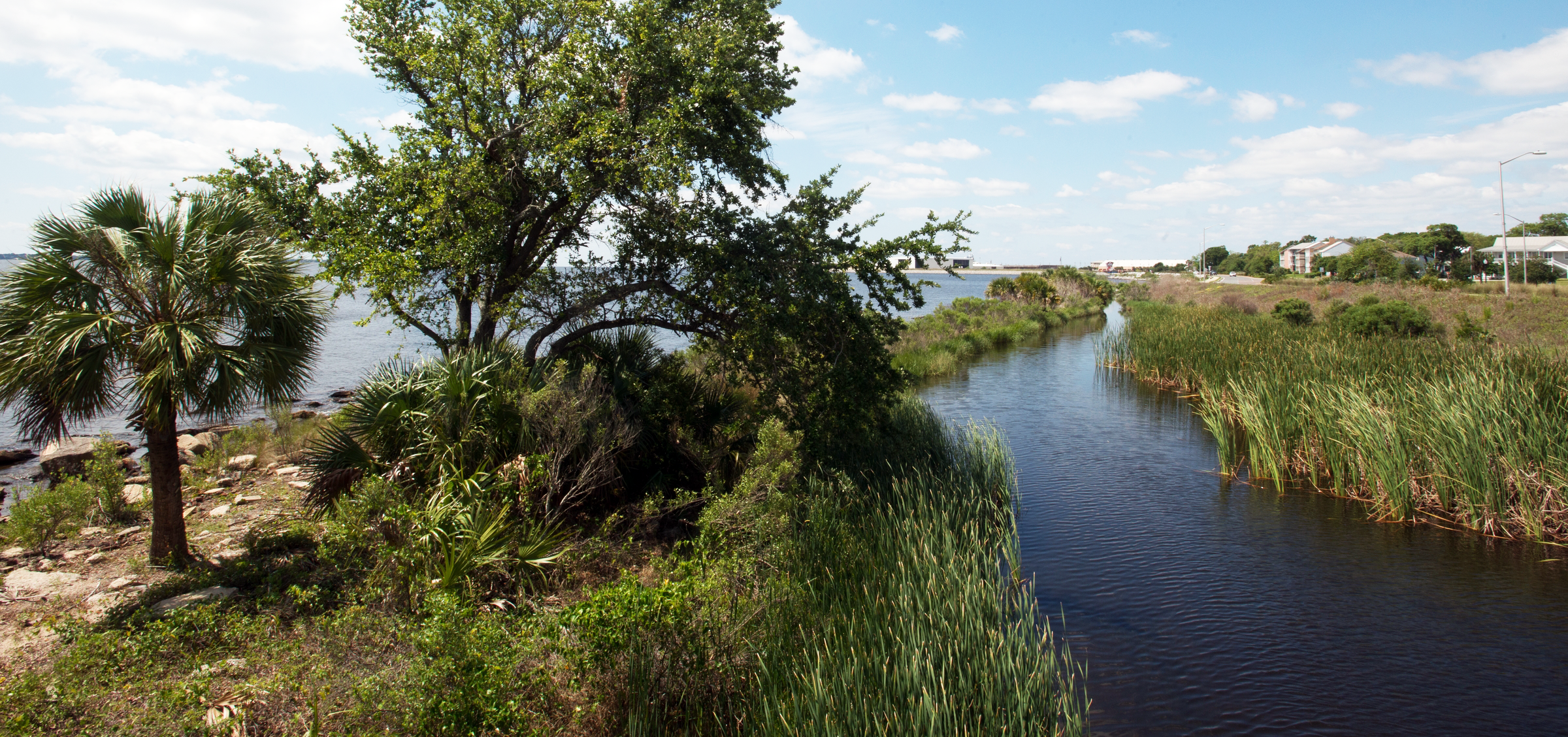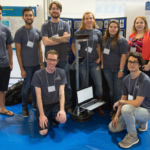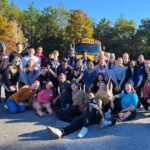Historians, Archaeologists Plan Maritime Heritage Trail for Pensacola
Pensacola – A trail that documents Pensacola’s rich maritime history is slated for the downtown area later this year.

The “Pensacola Maritime Heritage Trail” is the brainchild of Dr. Amy Mitchell-Cook, chair of the Department of History at the University of West Florida, and Dr. Della Scott-Ireton, associate director of the Florida Public Archaeology Network.
Mitchell-Cook and Scott-Ireton had long talked about trying to bring a walking history tour to downtown, but they finally received funding for the project in 2015 through a $25,000 National Maritime Heritage Grant from the National Parks Service. The UWF Historic Trust is also a partner in the project and is administering the grant.
“We really sat down and just thought about what is maritime history in Pensacola,” Mitchell-Cook said. “There’s just so much to do, and so we felt, ‘Here’s kind of a quick walk-through history as you walk through downtown.’”
The heritage trail will feature 10 panels full of historical information that will be erected along Main Street/Bayfront Parkway. The panels will be installed by the city of Pensacola, Scott-Ireton said.
“It will be talking about the prehistoric uses of Pensacola Bay and waterways and marine resources, right on up through Spanish exploration and colonization, and up to the modern times,” Scott-Ireton said.
One of the panels will detail the once booming commercial fishing industry in Pensacola. By the 1870s, some 5 million red snapper – then the local industry’s most-exported fish – were caught each year by local fishing outfits. The fishing industry in Pensacola waned in the mid-20th century.
Another of the panels will document the military conflict that was prevalent in Pensacola during the 18th century, including in 1781 when Spain attacked the city to oust British forces and regain control of Pensacola.
The plan is for the Maritime Heritage Trail to stretch from about the Hawkshaw Lagoon
Memorial Park to the area near Joe Patti’s Seafood, Scott-Ireton said.
“We’re hoping by fall that everything will be in place,” Mitchell-Cook said.
Graduate students in the Department of History helped gather some of the historical information that will be on the panels, Mitchell-Cook said.
“We gave them a general sense of, here is what the grant is, here are the topics that we want, and so they put together some basic texts and then started to pull images together,” Mitchell-Cook said. “Then we took all of that, and we tweaked it and worked with it.”
Some of the panels will include maps and other graphics, Scott-Ireton said.
The Maritime Heritage Trail will tie in with the Historic Trust’s interpretative master plan, Mitchell-Cook said. The trail will also complement the downtown Colonial Archaeological Trail, which is a project of the Historic Trust, the city of Pensacola and the UWF Archaeology
Institute, Scott-Ireton said.
“We have in mind that between the maritime trail and the Colonial Archaeological Trail, there may be some possibilities for additional heritage trails in those communities,” Scott-Ireton said. “And so we have kind of our long vision.”
Pensacola Assistant City Administrator Keith Wilkins said city officials are working with FPAN to determine the locations where the panels will be installed. He said the trail will be a “huge enhancement” to the area that fits with the city’s vision of having a more walkable, pedestrian- friendly downtown.



